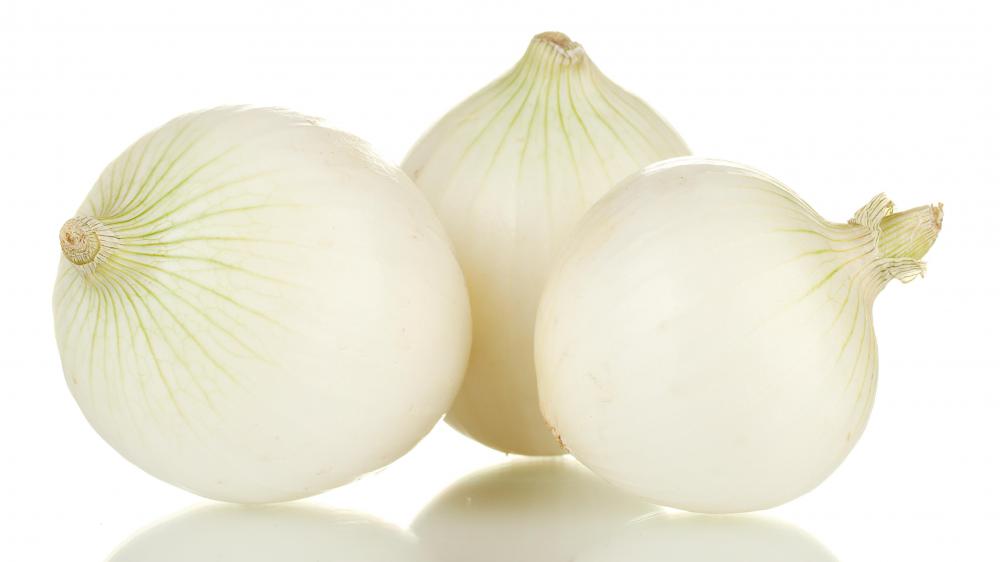At WiseGEEK, we're committed to delivering accurate, trustworthy information. Our expert-authored content is rigorously fact-checked and sourced from credible authorities. Discover how we uphold the highest standards in providing you with reliable knowledge.
What is a Low Blood Sugar Diet?
A low blood sugar diet is a nutritional plan designed to achieve a normal blood sugar level, either in place of or in conjunction with drugs designed for the same purpose. Diabetics and people with pre-diabetes often have to maintain a strict low blood sugar diet, though such eating plans may provide health benefits to people without these conditions as well. Such a diet may be designed to lower blood sugar, to prevent blood sugar spikes, or to act in concert with drugs or other treatments prescribed by a medical professional. Certain people may already have blood sugar that is too low, and they may benefit from a different type of diet.
The term blood sugar refers to the amount of sugar, or glucose, present in the blood. An otherwise healthy human body is normally able to regulate the amount of glucose in the blood, though diseases like diabetes or certain stresses and traumas can adversely affect this ability. People with diabetes or pre-diabetes may need to take nutritional steps to lower their blood sugars, since their bodies aren't able to do it naturally. There are differing schools of thought regarding the proper low blood sugar diet for those suffering from diabetes, though most involve a high fiber intake and a focus on foods with a low glycemic index (GI).

Low GI foods typically have a minimal effect on blood glucose levels, making them well-suited to low blood sugar diets. Such foods as fruits and whole grains may not cause the same sort of spike in blood glucose levels as refined sugars, grains, and starches. Proponents of a low GI approach to low blood sugar diets suggest that controlling blood glucose levels in this way can help in the management of diabetes.

Other experts suggest that an exchange type diet is a better way to manage blood sugar. This kind of diet might, for instance, involve eating more sugar in one course or meal after eating less starch in an earlier one. Different advocates may argue for the ideas of strictly timing meals or eating a vegan diet, while others define varying levels of carbohydrate intake as being ideal. In any case, it may be necessary to supplement any low blood sugar diet with insulin or other medications.

Those suffering from low blood sugar usually need to take a completely different approach. Low blood sugar, or hypoglycemia, can be a complication of diabetes or an unrelated condition. The same types of principles involved in a low blood sugar diet may be employed for such people, though they will be working to achieve the opposite effect. In cases where the blood sugar is dangerously low, it may be possible to eat 10 to 20 grams of carbohydrates and quickly normalize the blood sugar.
AS FEATURED ON:
AS FEATURED ON:
















Discuss this Article
Post your comments